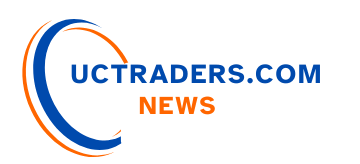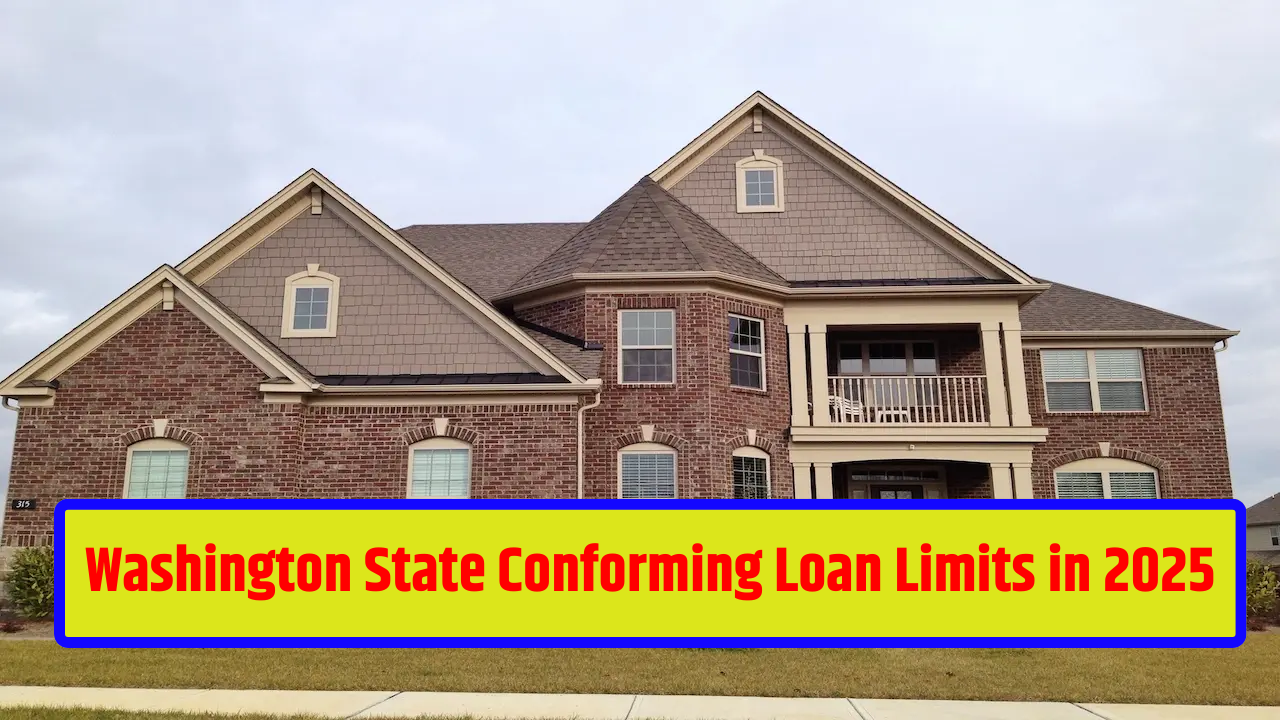The housing market in Washington State has seen steady growth in recent years, driving demand for higher borrowing limits to help buyers keep pace with rising home values. To address these shifts, the Federal Housing Finance Agency (FHFA) updates conforming loan limits every year. These limits determine the maximum size of a mortgage that Fannie Mae and Freddie Mac will purchase, making them crucial for homebuyers and lenders alike.
In 2025, new conforming loan limits bring higher borrowing power to Washington residents. Whether you are purchasing your first home, refinancing, or investing in property, knowing your county’s loan limit can make the difference between qualifying for a conforming loan with favorable terms or needing a jumbo loan with stricter requirements.
Washington State Conforming Loan Limits in 2025
The FHFA sets loan limits by analyzing average home prices nationwide. Washington, with its mix of affordable rural areas and expensive metro regions, has both standard and high-cost county limits. Below is a summary of the updated figures for 2025.
| Property Type | Standard Counties (Most WA Counties) | High-Cost Counties (King, Pierce, Snohomish) |
|---|---|---|
| 1-Unit (Single-Family Home) | $806,500 | $1,037,300 |
| 2-Unit Property | $1,032,650 | $1,327,950 |
| 3-Unit Property | $1,248,150 | $1,605,200 |
| 4-Unit Property | $1,551,250 | $1,994,850 |
| Baseline Conforming Limit | $806,500 | $1,037,300 |
| Jumbo Loan Threshold | Above $806,500 | Above $1,037,300 |
| Governing Agency | FHFA | FHFA |
Standard vs. High-Cost Counties in Washington
Not all Washington counties share the same conforming loan limits. Most counties remain at the baseline limit of $806,500 for a single-family home. However, King, Pierce, and Snohomish Counties—home to Seattle and surrounding metro areas—qualify as high-cost areas.
This means buyers in these counties can borrow up to $1,037,300 for a single-family home under conforming rules. Any loan amount above these thresholds is considered jumbo and comes with additional lending requirements.
Why Loan Limits Matter for Borrowers
Conforming loan limits have a direct impact on affordability and borrowing options.
- Better interest rates: Conforming loans usually carry lower interest compared to jumbo loans.
- Easier qualification: Down payments and credit requirements are often more flexible within conforming limits.
For many Washington families, staying within conforming loan boundaries is key to securing a manageable mortgage.
Jumbo Loans vs. Conforming Loans
When a loan amount exceeds the set conforming loan limit, it is classified as a jumbo loan. While jumbo financing allows for larger home purchases, it comes with challenges:
- Higher down payments (often 10–20% or more).
- Stricter credit score and income documentation requirements.
- Interest rates that may be higher than conforming loans.
Borrowers in high-cost counties often weigh the benefits of larger homes against the potential hurdles of jumbo financing.
Factors That Shape Conforming Loan Limits
The FHFA adjusts conforming loan limits annually under the Housing and Economic Recovery Act (HERA). These adjustments are based on the House Price Index (HPI), which measures the average increase in home prices nationwide.
In Washington, rapid urban growth in areas like Seattle has consistently pushed loan limits higher. This ensures that buyers are not automatically pushed into jumbo loans simply because they live in a high-value housing market.
Tips for Washington Homebuyers in 2025
If you are planning to purchase or refinance in Washington this year, consider these practical tips:
- Know your county limit: Check whether your property falls in a standard or high-cost county.
- Strengthen your financial profile: Maintain good credit and save for a down payment to access the best rates.
These steps can help you stay within conforming loan guidelines and secure more affordable borrowing terms.
FAQs – Washington State Conforming Loan Limits in 2025
Q1: What is the conforming loan limit for a single-family home in Washington in 2025?
Ans: The baseline limit is $806,500, while in high-cost counties like King, Pierce, and Snohomish, it is $1,037,300.
Q2: What happens if my loan is above the conforming limit?
Ans: It becomes a jumbo loan, which has stricter requirements and may carry higher interest rates.
Q3: Who decides conforming loan limits each year?
Ans: The Federal Housing Finance Agency (FHFA) sets and updates these limits annually based on changes in national home prices.
Conclusion
The Washington State conforming loan limits in 2025 give buyers and homeowners more borrowing flexibility, especially in high-cost counties. With limits reaching over $1 million in the Seattle metro area, borrowers have greater opportunities to finance homes under conforming guidelines. By understanding whether your loan will be conforming or jumbo, you can plan smarter, qualify more easily, and secure the most favorable mortgage terms available.

